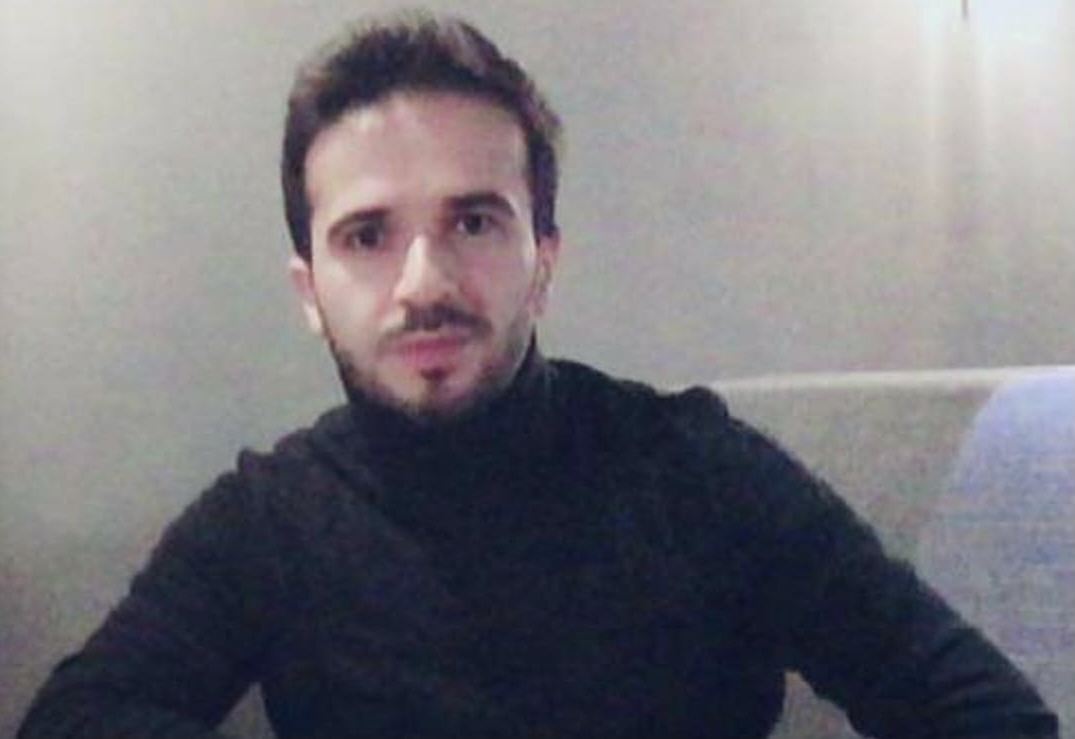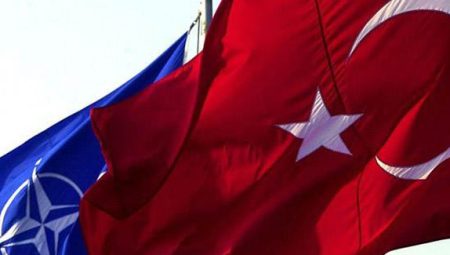The spokesman of Kremlin Dmirty Peskov praised on Wednesday Turkish President Receb Tayyip Erdogan’s significant influence in regional and international affairs
In the briefing conference in Moscow, Peskov said that Russia would welcome that if Erdogan could use his influence to make Kiev implement the 2014 Minsk Protocol.
“If Mr. Erdogan can somehow use his influence, and this influence is absolutely unambiguous both regionally and in world affairs in many aspects, if he can use his influence to encourage Kyiv to begin fulfilling its obligations under the Minsk package of measures, the Paris agreements and so on, then this will be welcome,” the spokesman said.
By the way, touching upon the sanctions against Russia, Turkish Foreign minister Movlut Cavushoglu noted that the sanctions will not solve any problem in connection with conflict in Ukraine.
“In our opinion, the sanctions against Russia will not solve the problem, as the sanctions did not solve in the past. We had seen that sanctions were imposed on several countries, sometimes against Turkey too. However, this does not solve the problem,” Cavusholu stressed.
How is it realistic that Turkey would mediate in the negotiations between Ukraine and Russia on the arrangement of conflict in Donbas region, as well as play a significant role in the normalization of relations between two Slavic nations? Does Turkey have potential to conduct the mission of mediation in the settlement of conflict issues between Ukraine and Russia?
Further clarifying this issue, Eurasia Diary took comments from Memmed Ismayilov, expert on international relations. He has a PhD degree on Public and International Law at Ankara Social Sciences University. His main interests focus on war law, unmanned air tools, space law and sea law.
No description available.
In his comments, he initially noted that the mediator trying to find the solutions to conflicts among actors should hold an impartial position.
“First of all, the state that wants to play the role of mediator in the resolution of international conflicts should be impartial. Having stated this, it is necessary to ask the question of who can be a more impartial mediator in the crises between Ukraine and Russia. Neither Western European countries, nor Slavic countries can be suitable for the role of mediator in the negotiation processes on the settlement of conflict between Ukraine and Russia. In my opinion, the country that could carry out the role of mediator can be the State of Turkey. The importance that Turkey attaches to preventive diplomacy and mediation is well-known to all world states. It is worth noting that Turkey has been able to be a fair mediator in solving problems in Iraq, Syria and Kyrgyzstan. In addition, Turkey has played an important role in maintaining peace and stability between Bosnia-Herzegovina, Serbia and Croatia in the Balkans.”
Touching upon Turkey’s potential to conduct the mediation in the conflict between two Slavic nations, expert said that Turkey has strong relations with both Ukraine and Russia. At the same time, Ankara supports the territorial integrity and sovereignty of Ukraine, stressing the importance of the resolution of conflicts in the territory of Ukraine on the basis of norms and principles of international law.
“Turkey has better relations with both Russia and Ukraine. It should be noted that the government of Turkey openly and strongly opposes the illegal annexation of Crimea, and considers the separatist forces in Donbas region as a threat to regional security. When we evaluate these issues together, Turkey’s mediation will be beneficial in reducing the tension between the two countries”.
“However, we should know that it is very difficult to find peace between Russia and Ukraine in the region. Main reason is that Russia will not give up its illegal activities in Crimea and Donbas and work on peace and stability in the region. Ukraine is also determined on Crimea. In this respect, Turkey’s mediation will be beneficial in terms of reducing tension and avoiding a large-scale war between the parties”, he added.
According to Ismayilov, Peskov’s emphasis on the 2014 Minsk Protocol aims to guide Turkey in negotiations in favour of Russia.
“First and second Minsk Protocols could not stop the conflict in Donbas. For many, these protocols have become the main resource for the resolution of conflict in Ukraine. However, in my opinion, this is not true. These protocols provide provisions for “holding local elections for special status in the regions of Donetsk and Luhansk provinces”, which is against Ukraine’s territorial integrity. In this respect, Peskov’s emphasis on the 2014 Minsk Protocol aims to guide Turkey in negotiations in its favour. In other words, if Turkey negotiates the 2014 Minsk Protocol, the issue of special status for Donetsk and Luhansk may come to the fore, and this may adversely affect the relations between Ukraine and Turkey. Therefore, Peskov’s pointing to the 2014 Minsk Protocol may have the purpose of trapping Turkey”.
Furthermore, Ismayilov underscored that Turkey should comprehend the reality in the region and take into the conflict in Ukraine within its foreign policy principles.
“As Turkish Foreign Minister Mevlüt Çavuşoğlu said, sanctions are not enough to solve the problem. It has faced different kinds of sanctions against Russia for years. However, Russia is not interested in giving up its policy of Crimea and Donbas. In fact, Russia does not even hesitate to enter a new war for these two regions. In this context, Turkey should approach the problem on the basis of current reality and within the framework of its foreign policy principles. In other words, Turkey should at least persuade Russia to neutralize the separatist forces in Donbas and explain that these separatist forces will pose a threat to Russia’s territorial integrity in the future. In this regard, Turkey, as a mediator, should offer the parties a format for de-escalation and avoid the 2014 Minsk Protocol”.
Yunis Abdullayev





